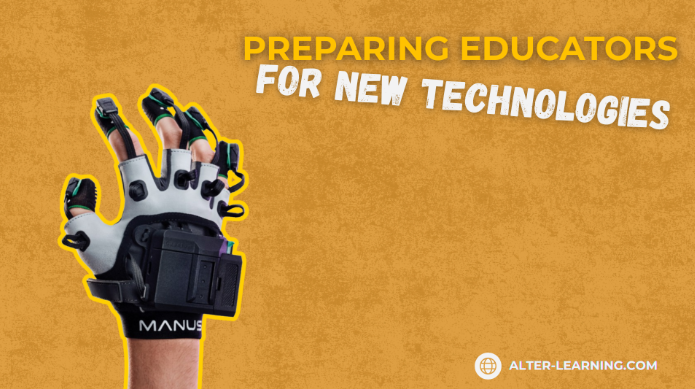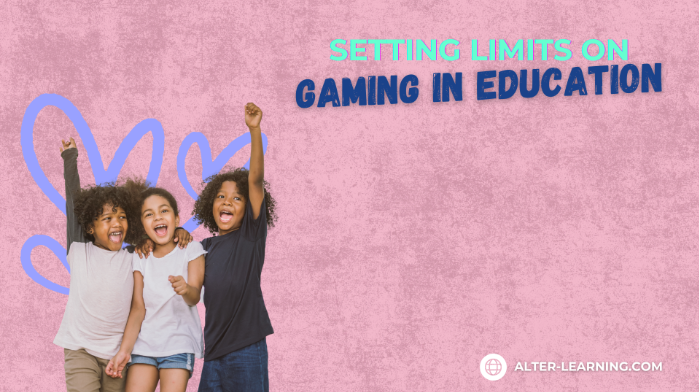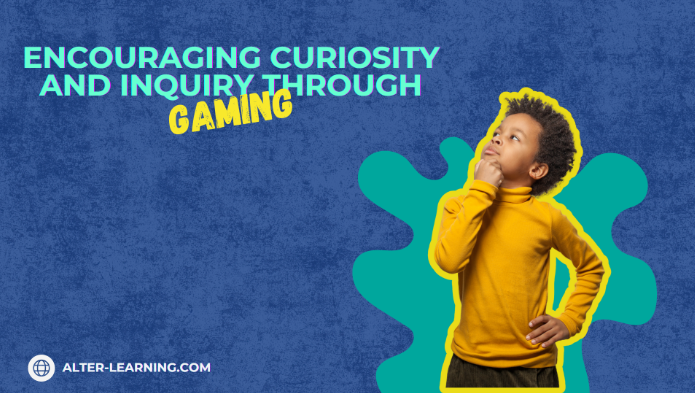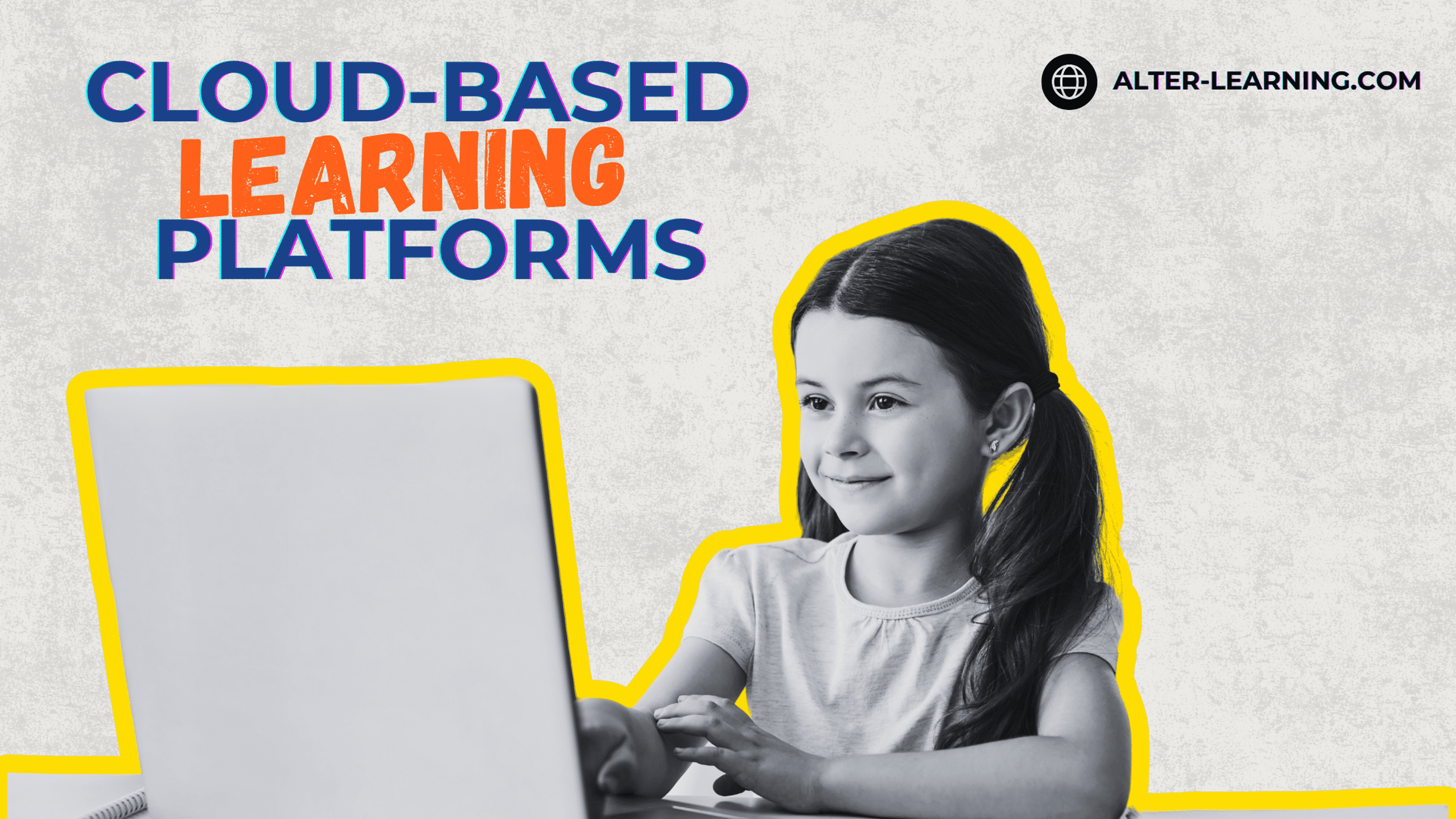The classroom is changing. From VR education apps to interactive STEAM learning platforms, digital tools are reshaping how teachers engage with students. But as technology evolves, one question looms large: how can we prepare educators to integrate these tools effectively?
Adopting new technology is about more than handing teachers devices or software. It requires confidence, training, and a clear understanding of how tools like immersive learning environments or AR science experiments can fit into real-world classrooms. Alter-Learning’s commitment to supporting both educators and learners highlights the importance of equipping teachers with the knowledge and resources they need to succeed.
Why Educator Preparation Matters
Even the most innovative tools can fall flat if educators don’t feel comfortable using them. Preparing teachers for new technologies can:
- Build confidence, reducing hesitation to experiment with digital tools,
- Ensure alignment with curriculum, so games and apps support learning objectives,
- Encourage creativity, giving teachers freedom to adapt platforms to their classroom needs,
- Promote equity, ensuring all students benefit from technology, not just the tech-savvy ones.
Without proper training, technology risks becoming a distraction rather than a support for deeper learning.
Strategies for Teacher Readiness
Schools and EdTech providers can work together to make new tools approachable and practical. Some strategies include:
- Hands-on workshops that let educators experience VR coding tutorials, digital art creation tools, or interactive physics simulations firsthand,
- Professional development sessions focused on linking educational games to existing standards,
- Peer mentoring programs, where tech-savvy teachers support colleagues in integrating new platforms,
- Pilot programs that allow gradual introduction of tools and provide feedback opportunities.
These approaches can give teachers the confidence to bring interactive STEAM learning into their lessons without feeling overwhelmed.
Building Communities of Practice
Educators learn best when they can share ideas and strategies. Collaborative networks can support ongoing growth by:
- Creating online hubs where teachers exchange lesson plans, troubleshooting tips, and project ideas,
- Hosting virtual support groups to discuss successes and challenges,
- Encouraging cross-disciplinary collaboration, so educators in science, math, arts, and humanities see how tools overlap.
With a shared space for knowledge, teachers can collectively refine how technology enhances student learning.
Focusing on Accessibility and Inclusivity
Preparation also means ensuring teachers know how to make technology work for all learners. Training should highlight how to:
- Use adaptive difficulty features to meet students at their level,
- Activate accessibility tools such as audio cues or colorblind modes,
- Balance screen time with offline activities for healthy learning,
- Leverage multiplayer features for collaboration among diverse groups.
By centering inclusivity, educators can make sure immersive educational content supports every student, regardless of background or skill level.
From Training to Transformation
Educators who feel empowered with technology can do more than introduce a new app—they can transform learning environments. With tools like XR educational content, VR math games, or AR biology exploration, teachers can create classrooms where students collaborate, explore, and think critically in ways traditional methods cannot always achieve.
Alter-Learning’s focus on professional development, curriculum alignment, and accessible design suggests that preparing educators is just as important as preparing students. By investing in teacher readiness, schools can unlock the true potential of immersive learning technologies.
Because at the heart of every new tool is the same timeless truth: empowered teachers create empowered learners.
Follow Alter-Learning for more insights into immersive education, edtech success stories, and the future of learning. Want to explore how VR/AR could transform your school or learning platform? Let’s connect.




